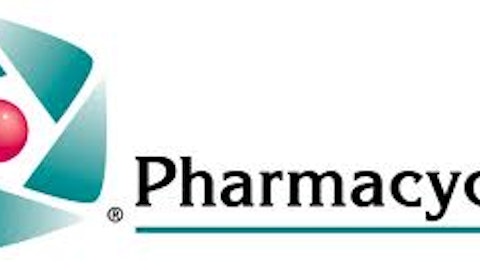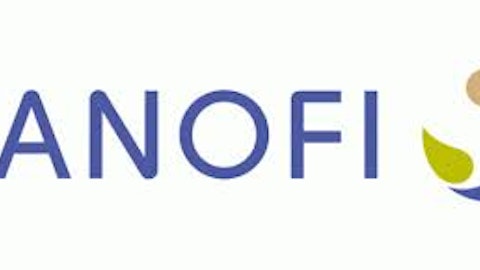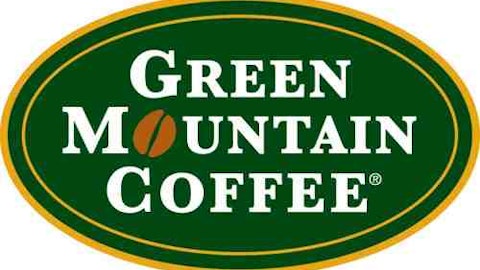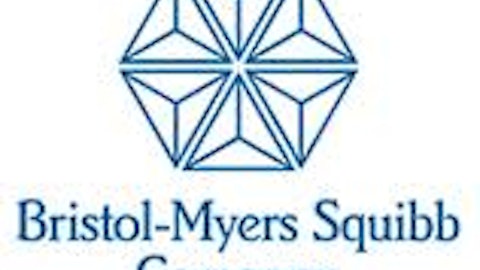Integrase inhibitors block integrase, a viral enzyme which inserts the viral genome into the host cell’s DNA. Blocking integrase cripples the cell’s ability to replicate, thus halting the spread of HIV and possibly other retroviruses. Only two other integrase inhibitors have been approved for the treatment of HIV: Gilead Sciences’ EVG (elvitegravir) and Merck & Co., Inc. (NYSE:MRK)’s Isentress (raltegravir). EVG is only approved as a sub-component of other drugs, and not a stand-alone treatment, while Isentress is approved for both. Tivicay and Isentress are not potent enough on their own and must be prescribed with other HIV medications.
Analysts polled by Thomson Reuters believe that Tivicay sales could reach $900 million by 2017, but it won’t comprise a significant part of GlaxoSmithKline plc (ADR) (NYSE:GSK)’s annual revenue, which came in at nearly $40 billion last year. Isentress generated $1.5 billion in 2012 sales, rising 11% year-on-year and accounting for 3.2% of Merck’s total revenue, suggesting robust demand for integrase inhibitors in the future.
During clinical trials, Tivicay performed favorably when compared to Isentress and Atripla. Tivicay’s side effects were generally mild, including insomnia and headache. However, serious liver problems could occur in patients with hepatitis B or C infections.
A Foolish final thought
For investors searching for the best biotech bet on HIV treatments, Gilead Sciences is the obvious choice. The company’s dominant treatments, its talent for combining older treatments into newer, more potent ones, and its solid top and bottom line growth all indicate that it is a robust long-term investment.
Yet, Gilead Sciences is considered a growth stock for these reasons, and it trades with a forward P/E of 19 — a loftier valuation than Glaxo and Merck & Co., Inc. (NYSE:MRK), which both trade at 13 times forward earnings. Gilead also doesn’t pay a quarterly dividend, while GlaxoSmithKline plc (ADR) (NYSE:GSK) and Merck & Co., Inc. (NYSE:MRK) pay quarterly yields of 4.3% and 3.6%, respectively.
Although GlaxoSmithKline plc (ADR) (NYSE:GSK) and Merck & Co., Inc. (NYSE:MRK)’s recent progress with integrase inhibitors is encouraging, this new class of drugs is unlikely to displace traditional reverse transcriptase inhibitors any time soon. Rather, they should be regarded as complementary treatments, which will be prescribed alongside other established HIV treatments — most likely produced by Gilead Sciences.
The article The Past, Present, and Future of HIV Treatments originally appeared on Fool.com is written by Leo Sun.
Leo Sun has no position in any stocks mentioned. The Motley Fool recommends Gilead Sciences.
Copyright © 1995 – 2013 The Motley Fool, LLC. All rights reserved. The Motley Fool has a disclosure policy.





